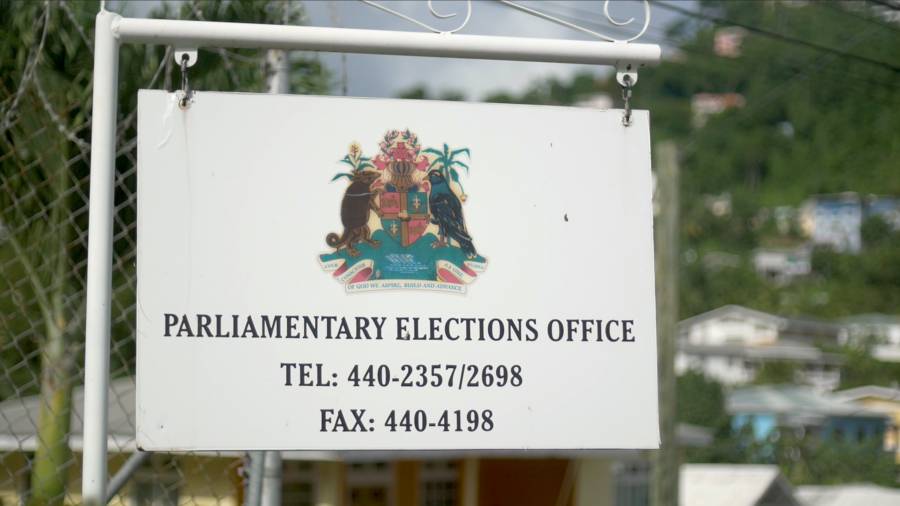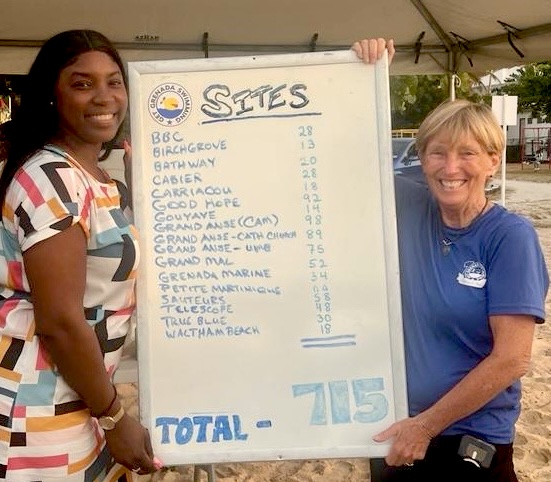by Kari Grenade, PhD, Regional Economist and Macroeconomic Advisor
The International Monetary Fund (IMF) in recognising the indispensable role of governments to cushion the effects of the Covid-19 crisis, has advised all governments to “spend, but keep the receipts” (https://blogs.imf.org/2020/04/15/fiscal-policies-to-contain-the-damage-from-covid-19/).
In other words, ramp up public expenditure to address the fallout from the crisis but ensure proper accountability for the use of public funds. For sure, higher spending will increase fiscal deficits and public debts, which must be addressed once the crisis has passed. However, during the crisis, the focus should be on protecting lives and livelihoods and as such, counter-cyclical fiscal policies (increasing governments’ spending during hard times) are most appropriate. Nonetheless, governments must be responsible in how they spend; increased spending must not equate to increased profligacy!
Nearly all of the 195 countries worldwide have announced/implemented fiscal measures (some have also announced/implemented monetary measures) to address the profound negative impacts of Covid-19. According to McKinsey & Company, as at 10 April 2020, stimulus plans announced/implemented by governments globally totalled US$10.6 trillion; the USA alone accounts for US$2.2 trillion or about 10% of its gross domestic product (GDP).
In the Caribbean, from a scan of various regional newspapers, stimulus (or perhaps care and survival) packages announced/implemented where cost estimates of some of the measures are available, amount to US$179.0 million in Jamaica (based on the JAM/US exchange rate on 23 April 2020); US$44.0 million in St Kitts & Nevis, US$27.3 million in St Vincent and the Grenadines, US$18.5 million in Grenada, and US$10 million in Barbados for example. Specific measures vary by country, but generally, for Caribbean countries, the packages have been channelled towards health sector spending, assistance to individuals and firms directly disadvantaged by the crisis, support to the most vulnerable, and preserving jobs.
Indeed, the execution of counter-cyclical policies demands improved governance and systems of accountability as well as more inclusion of stakeholders especially those for whom policies are directly designed to benefit. The public must demand that their monies be used for the benefit of society at large and as such there must be formal arrangements that allow for robust checks and balances. Accordingly, the roles of institutions such as public accounts committees and fiscal oversight committees become crucially important. Likewise, civil society organisations, activists, “watch dog” groups must also become much more vigilant in monitoring how public funds are used and holding governments accountable.
Good governance practices also apply to the private sector, especially in this time of crisis where many businesses will benefit from some kind of government financial support. Scrutiny of private businesses by the government and the public at large should intensify to ensure that businesses do right by their employees, customers and shareholders. Non-governmental organisations, formal and informal groups, and individuals who will benefit from governments’ financial support also have a responsibility to use the funds appropriately and must also be held accountable. Indeed, good governance transcends government, it is about rules of behaviour for everybody!
As I have contended previously, Covid-19 will change “normal” as we know it. Therefore, it is left to be seen how it will change the nature and extent of governments’ involvement in the economy and society. Will “big government” become the new norm in advanced countries? Will governments become the solution? Will governments become more open? Will governments become more or less bureaucratic? Specifically related to the Caribbean, what will be the new relationship between governments, businesses and the society? Will new governance standards emerge? These are some burning questions that should focus minds as the Caribbean shapes its post-Covid future.
Many might be familiar with these famous words of President Ronald Regan, “government is not the solution, government is the problem.” This statement is perhaps true in some cases during normal times, but it certainly isn’t true during times of crisis. The Covid-19 crisis that has engulfed the world demonstrates why some “big” problems demand “big” responses and solutions from governments and importantly, why greater government involvement in the economy and society requires robust and credible systems of governance and accountability.
























Excellent article that shows, among other things, that ultimately the custodians of public finances must be prudent in the use of taxpayer funds and should be held accountable as such.
This is a very good article which which contain a precise and concise content…my own take on this,the main concern here is to make sure food security is at it optimum peak and should be taking serious to ensure supply glut of foods basically for commercial and subsistence purposes.post-covid will definitely lead to vicious cycle no doubt about that…and if in the long run this lead to vicious cycle, appropriate monetary policy needs to be implemented with Immediate effect by the appropriate authority.
Expansionary monetary policy should be first Implemented and later in the longrun balanced by contractionary monetary policy.